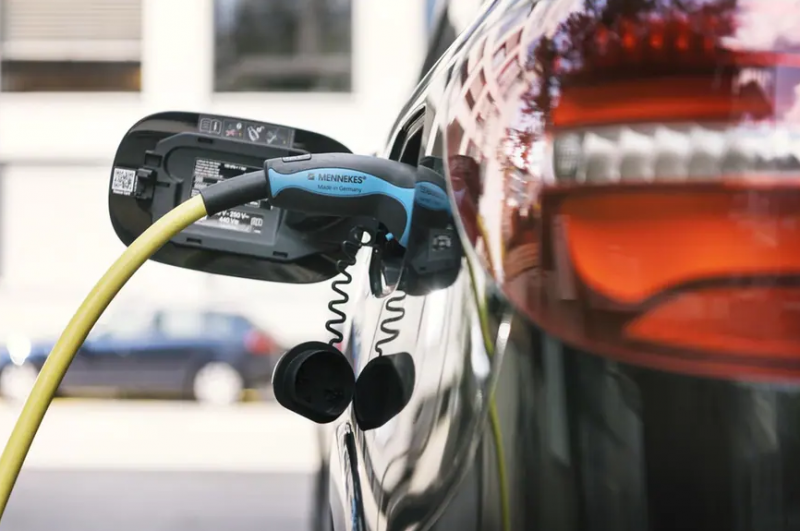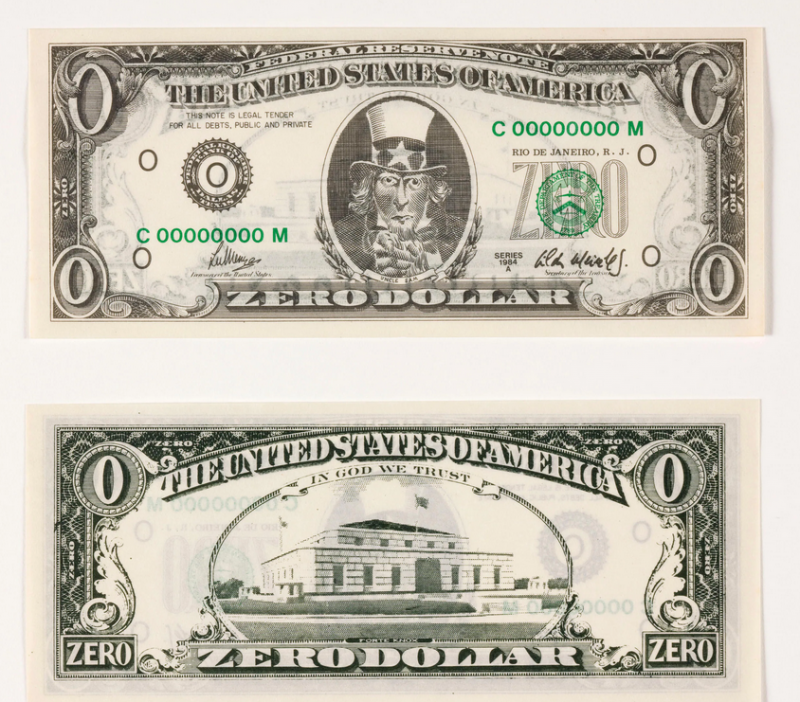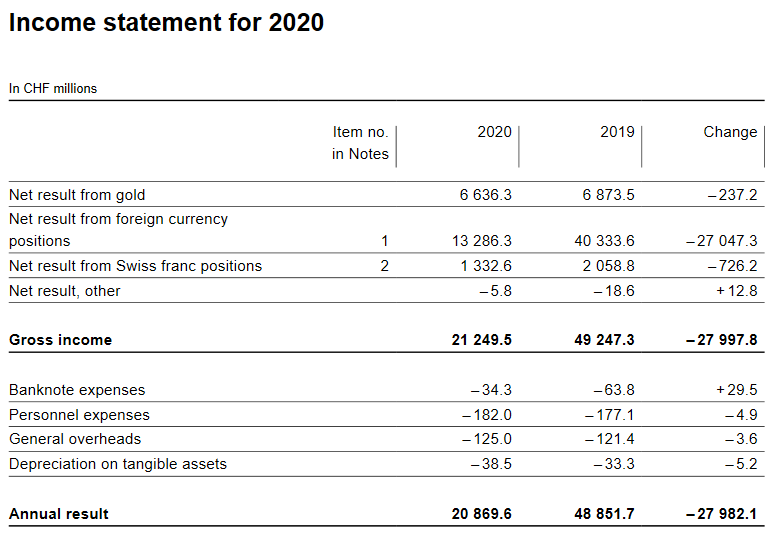Found 1,868 search results for keyword: label
Electric cars are on the way, but is Switzerland ready?
Last year saw a surge in new electric vehicle (EV) sales worldwide and Switzerland was no exception. But the experience of frontrunner countries like Norway shows that some things will have to change if the Swiss electric car revolution is to keep pace in the years ahead and reduce carbon emissions.
Read More »
Read More »
Credit Suisse and Nomura warn of losses after Archegos-linked sell-off
Credit Suisse and Nomura have warned of large losses after a fire sale of about $20bn of Chinese and US stocks, as their client Archegos Capital Management was forced into a huge unwinding of assets.
Read More »
Read More »
Credit Suisse warns of ‘highly significant’ loss linked to hedge fund
The Swiss bank Credit Suisse says it may face a “highly significant” loss in the first quarter due to an unnamed American hedge fund client defaulting on margin calls. In a statement issued on Monday, the bank said: “While at this time it is premature to quantify the exact size of the loss resulting from this exit, it could be highly significant and material to our first quarter results”.
Read More »
Read More »
Covid-19: Can Swiss artists survive on current support measures?
The Covid-19 pandemic has taken a heavy toll on the Swiss arts scene. Support measures have been introduced to “preserve cultural diversity” and some cantons have even launched monthly income support schemes for artists. But will these measures be enough?
Read More »
Read More »
How the Swiss central bank could control the cost of pandemic debt
The cost of paying off spiralling national debt in the United States and Switzerland is rising as interest rates increase. This makes the financing of pandemic expenditure more expensive. That's not a problem in Japan where the central bank is holding interest rates in check. Would the Japanese recipe also be something for Switzerland?
Read More »
Read More »
How vaccine passports may make Swiss e-ID rejection obsolete
UN economist Ian Richards argues that Swiss voters' fears of a proposal for an e-ID may be swept away as more countries see the benefits of digitising documents, including vaccine passports.
Read More »
Read More »
DRUM COVER Rosanna – Toto
The infamous Rosanna by Toto
I DO NOT own the music in this video, all rights go to the band and label
Read More »
Read More »
DJE – Zins & Dividende: Erfolgsformel und Zukunftsziele
Dr. Jan Ehrhardt, Fondsmanager des DJE – Zins & Dividende, stellt sich den Fragen von Mario Künzel und richtet den Blick weit nach vorn. Im Interview geht er auf langfristige Corona-Folgen wie Inflation und Verschuldung ein, benennt Themen, die in der Zukunft an Bedeutung gewinnen dürften und geht näher auf sein Verhältnis zur Frage „Value oder Growth“ ein.
Read More »
Read More »
DJE – Marktausblick März 2021: Rückenwind in Orkanstärke
Erlebten in der Pandemie bislang vor allem Technologieaktien einen nahezu beispiellosen Aufschwung, können in der wirtschaftlichen Erholung vor allem konjunktursensitive, zyklische Branchen profitieren. Das Universum aussichtsreicher Aktien wird im aktuellen Umfeld hoher Liquidität und niedriger Zinsen breiter und stabiler.
Read More »
Read More »
Public Schools Refuse to Open. Give the Taxpayers Their Money Back
In many school districts across the nation, public school teachers still don’t want to go back to work. Private sector workers have long been hard at work in kitchens, at construction sites, and in hardware and grocery stores. Meanwhile, from Seattle, to Los Angeles, and to Berkeley, California, Teachers' Union representatives insist they simply can’t be expected to perform the on-site work in the expensive facilities that the taxpayers have long...
Read More »
Read More »
Switzerland gears up to place robots in classrooms
Covid-19 has accelerated the transition to online teaching, raising questions about the role of robots in classrooms. Switzerland is rolling out its own robot learning programs, but it’s still a long way off before they will replace teachers.
Read More »
Read More »
About That +6.8 percent GDP Forecast: Remember That GDP = Waste
Any economy stupid enough to rely on the insane distortions of GDP "growth" as its primary measure will richly deserve a Darwin Award when it inevitably collapses in a putrid heap of squandered resources and capital.
Read More »
Read More »
Swiss National Bank profits cut in half by Covid
The Swiss National Bank (SNB) recorded a profit of CHF20.9 billion (almost $23 billion) in 2020, less than half of the CHF48.9 billion it made in 2019.
Read More »
Read More »
The Swiss National Bank reports a profit of CHF 20.9 billion for 2020 (2019: CHF 48.9 billion).
The Swiss National Bank reports a profit of CHF 20.9 billion for 2020 (2019: CHF 48.9 billion). The profit on foreign currency positions amounted to CHF 13.3 billion. A valuation gain of CHF 6.6 billion was recorded on gold holdings. The profit on Swiss franc positions was CHF 1.3 billion.
Read More »
Read More »
Bulls, Bears, and Beyond: In Depth with James Grant
James Grant is editor of Grant’s Interest Rate Observer, which he founded in 1983. He is the author of nine books, including Money of the Mind, The Trouble with Prosperity, John Adams: Party of One, The Forgotten Depression, and more recently Bagehot: The Life and Times of the Greatest Victorian.
Read More »
Read More »
Want More Entrepreneurship? Embrace Long-Term Legal Stability.
Prudent economic calculation becomes more difficult as legal and regulatory regimes are subject to frequent changes and political upheaval.
Original Article: "Want More Entrepreneurship? Embrace Long-Term Legal Stability."
This Audio Mises Wire is generously sponsored by Christopher Condon. Narrated by Michael Stack.
Read More »
Read More »
The Drive for State and Federal Protective Tariffs in Early America
Every depression generates a clamor among many groups for special privileges at the expense of the rest of society—and the American depression that struck in 1784–1785 was no exception. If excess imports were the culprit, then voluntary economizing could help matters, and the press was filled with silly fulminations against ladies wearing imported finery.
Read More »
Read More »
If America Splits Up, What Happens to the Nukes?
Opposition to American secession movements often hinges on the idea that foreign policy concerns trump any notions that the United States ought to be broken up into smaller pieces. It almost goes without saying that those who subscribe to neoconservative ideology or other highly interventionist foreign policy views treat the idea of political division with alarm or contempt. Or both.
Read More »
Read More »
Money, Interest, and the Business Cycle
The banks very often expand credit for political reasons. There is an old saying that if prices are rising, if business is booming, the party in power has a better chance to succeed in an election campaign than it would otherwise. Thus the decision to expand credit is very often influenced by the government that wants to have “prosperity.” Therefore, governments all over the world are in favor of such a credit-expansion policy.
Read More »
Read More »
Unhappy Endings: Deception Has Gone Global
Looking Behind the LabelsRegardless of one’s politics, most would agree that extremely complex issues are typically given extremely misleading titles.Not all those of the extreme left, for example, are all that “woke” and not everyone on the far right, to be fair, is a “domestic terrorist.
Read More »
Read More »



































